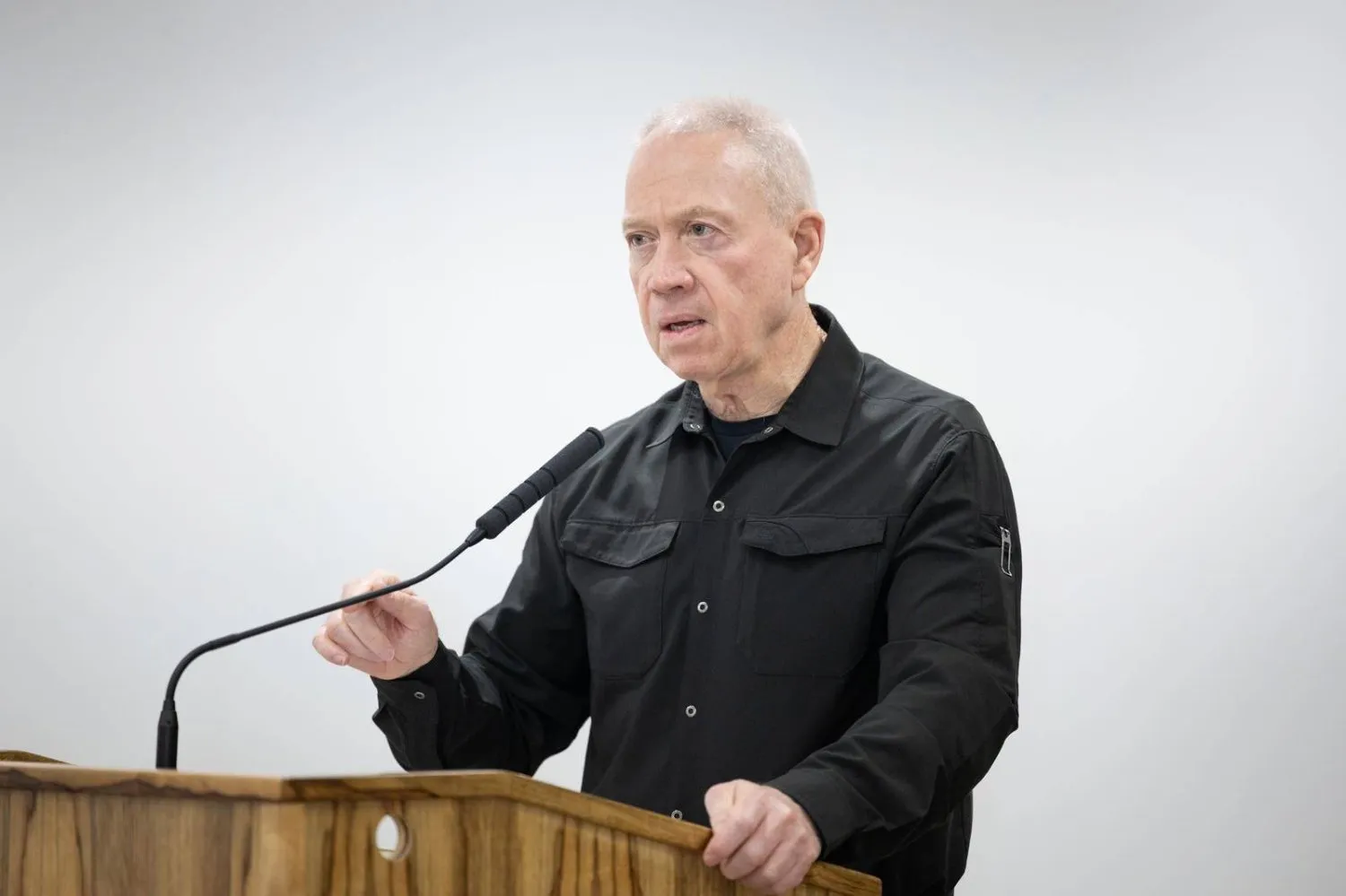Israeli Defense minister Yoav Gallant on Sunday said there would be no let up in Israeli action against Lebanon's Hezbollah movement, even if a ceasefire and hostage deal is secured in Gaza, AFP reported.
Gallant visited the military's Northern Command in Safed, which was hit earlier this month by a militant rocket strike from southern Lebanon, killing a soldier.
The Minister said he was keen to assess how Israel was combating increased Hezbollah activity from across the heavily fortified border.
“f anyone thinks that when we reach a deal to release hostages in the south and the firing stops it will ease what is happening here they are wrong,” he said in a video message.
Israel's aim is to ensure the Iran-backed militants do not pose a threat from border areas in southern Lebanon, he added.
If a diplomatic solution to the situation is not possible, “we will do it by force,” Gallant warned.
Talks are underway towards a possible deal for Hamas to release hostages and pause the fighting in Gaza, which was sparked by the militants' attack on southern Israel on October 7.
Since then, there have been near-daily cross-border exchanges of fire between Israel and Hamas's allies Hezbollah on the border with Lebanon, prompting fears of a regional escalation.
On Sunday, the Israeli military said it had intercepted a “suspicious aerial target” in the Upper Galilee region of northern Israel, and rockets were fired at a number of locations.
Since October 7, 10 Israeli soldiers and six civilians have been killed by hostilities in the north, according to an AFP tally.
On the Lebanese side, at least 276 people have been killed, most of them Hezbollah fighters but also 44 civilians, including three journalists.
In Gaza, the Hamas-run health ministry says at least 29,692 have been killed in the war between the militants and Israel.









